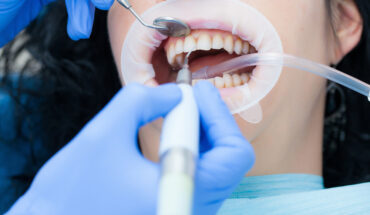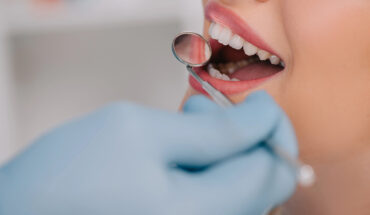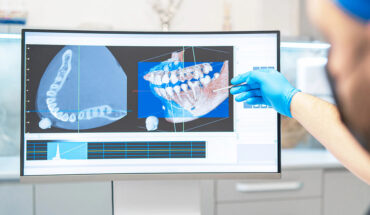
One of the most commonly asked questions when it comes to alcohol consumption is if alcohol can actually damage one’s teeth. Well, while moderate alcohol consumption is considered healthy, excessive alcohol use is not good for not only your dental health but your overall health too.
Part of its effects comes from both short-term and long-term use. Heavy and long-term alcohol consumption is known to cause tooth decay, gum disease as well as mouth sores. Dentists in Melbourne know all about the city’s alcoholic culture.
What about the teeth?
Heavy alcohol users tend to have higher plaque levels on their teeth and they are also three times likely to experience a tooth loss.
Here are some of the ways that alcohol can damage one’s teeth.
- It can lead to stained teeth
Chromogens which are compounds found in food and drinks if attached to tooth enamel can cause discoloration. Alcoholic beverages are generally acidic, and acid can alter the surface of the teeth. This change allows chromogens to embed into tooth enamel. The combination of acid and color in some alcohol is what usually lead to discoloration. Beer and wine are some of the alcoholic beverages that are acidic. Promoting wine on social media is good but prioritizing oral health is also essential.
- It can corrode the enamel
The enamel, which covers the teeth, is one of the hardest substances in your body. But its dense surface is prone to acid erosion. Since alcohol is acidic, even moderate drinking over time can speed up damage to the teeth.
Increased enamel erosion will not only worsen discoloration, but it can cause structural damage, which is a severe threat. When your enamel is weak or thin, it may chip and aggravate areas such as lips and tongue. Acidity may also affect the tooth layer under enamel, which is known as dentin. This may result in teeth becoming sensitive to hot and cold temperatures.
- Cracked teeth
While this may come as a surprise, alcoholic beverages can actually lead to cracked teeth. This is because many mixed drinks contain crushed ice or ice cubes. If you chew the ice, it can cause your teeth to crack. The combination of cold temperature and hardness can cause stress to the enamel. If small cracks develop, they can cause pain, broken tooth, or infection.
- Dry mouth
Dry mouth occurs when there is no enough saliva production. There are many factors that contribute to mouth dryness, including certain medications, alcohol, etc. Alcohol tends to dry out the mouth. It can also lead to dehydration. If you are taking medications that cause mouth dryness, taking alcohol can aggravate the problem.
- Oral cancer risk
Overconsumption of alcohol generally exposes one to the risk of developing oral cancer. In the United States, more than 50,000 people usually receive an oral cancer diagnosis each year. After tobacco, alcohol use is the second highest risk factor that exposes one to the risk of developing oral cancer. People who use both tobacco and alcohol have a higher risk than those who use either of them.




